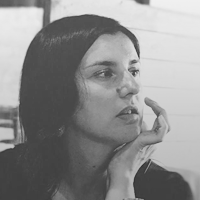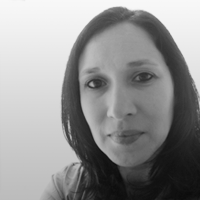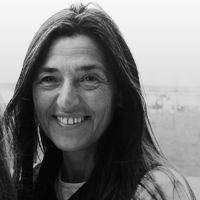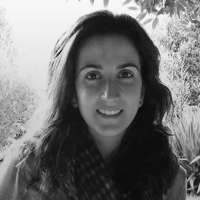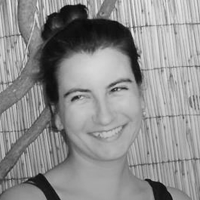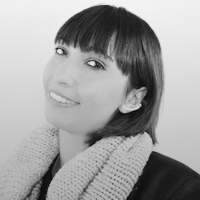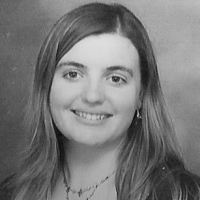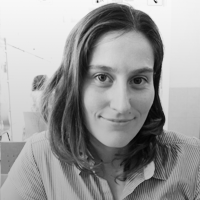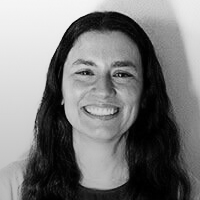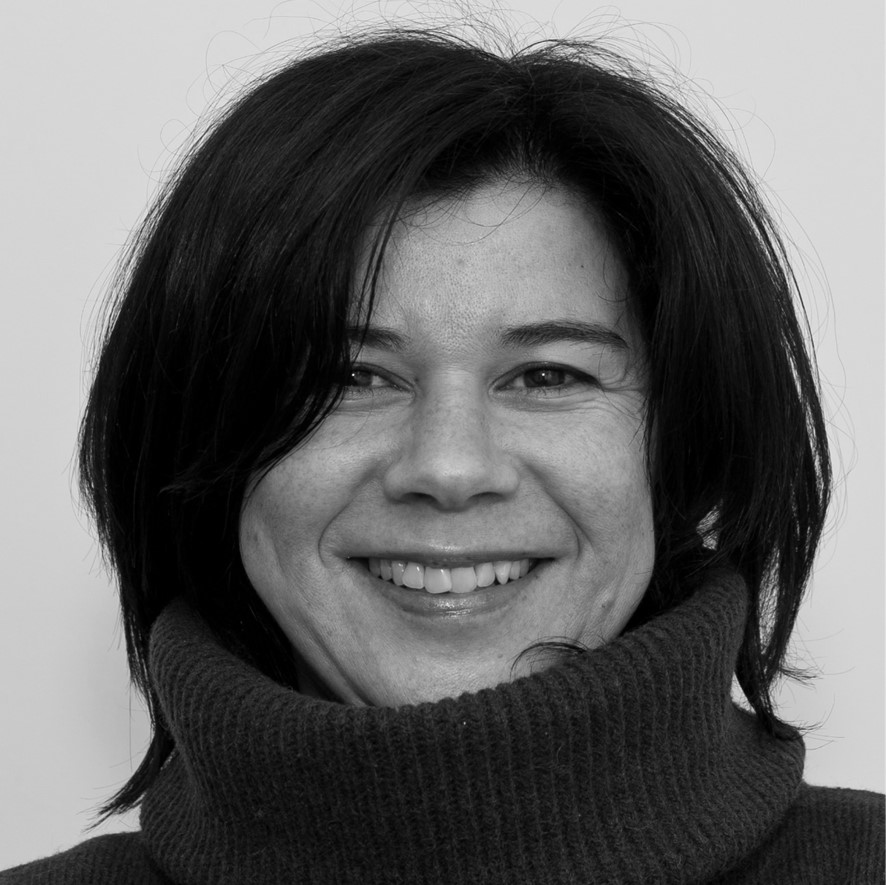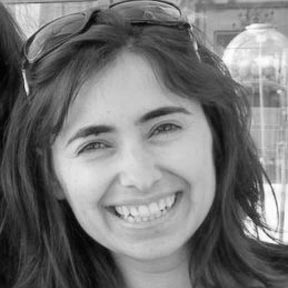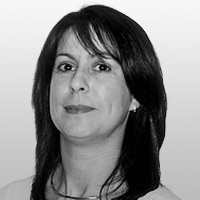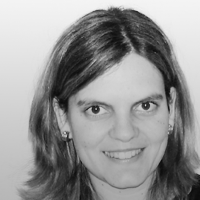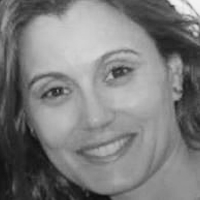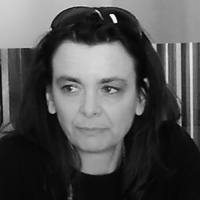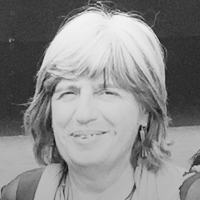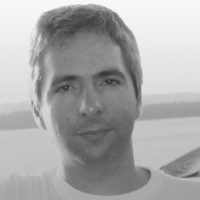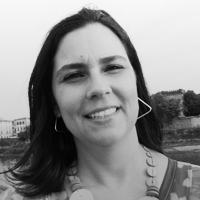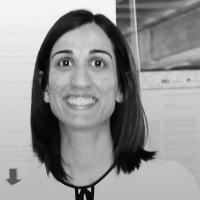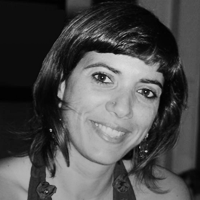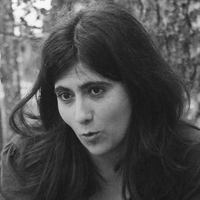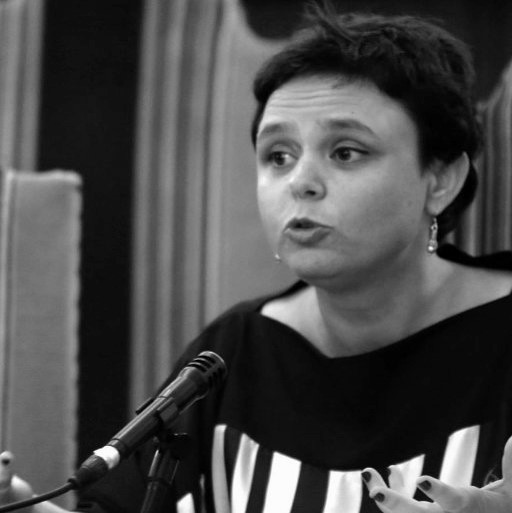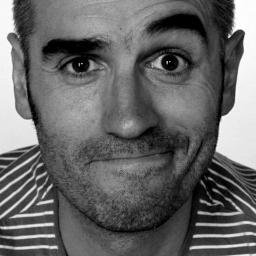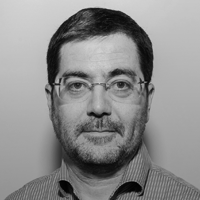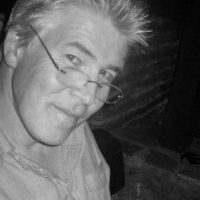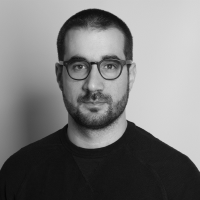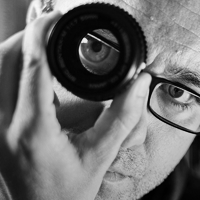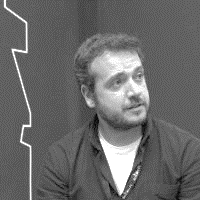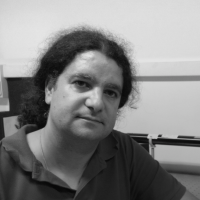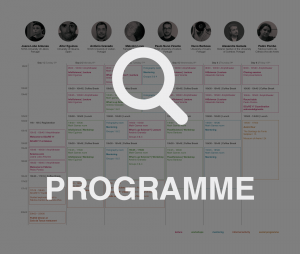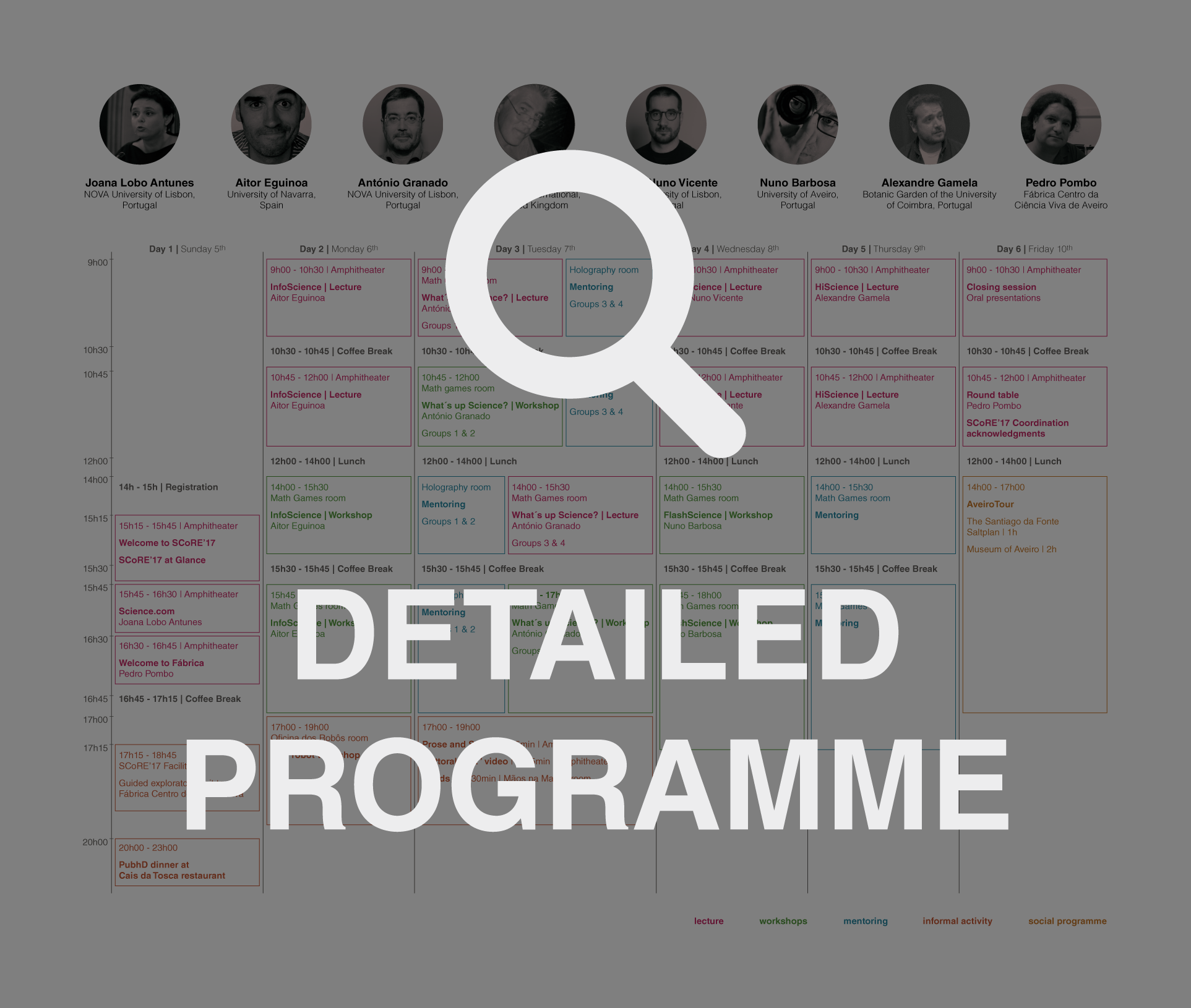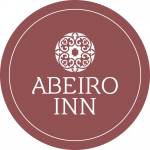Welcome to SCoRE’17
The Research Centre on Didactics and Technology in the Education of Trainers from the University of Aveiro (UA), Portugal, is pleased to announce the 1st edition of Autumn School CIDTFF entitled “SCoRE’17 – Science Communication for Researchers in Education: how to do it successfully”, which will take place from November 5th to 10th, 2017.

Theme
In a world dominated by an economical terminology and discourse, we could say that the research productivity rates are higher than ever. New studies and findings pop up in the news every day and flash travel across the globe through social media, such as Facebook, Twitter and Instagram. And yet which studies and which findings?
Education and sustainability are key concepts nowadays, whether they are used separately or as interrelated and interdependent. But do researchers in Education promote the sustainability of their research and findings? To be sustainable, research in Education must be understandable, accessible, applicable and, most important, a topic of discussion out of the closed research community.
Have you ever been asked questions like: What exactly do you do? How does research in Education really works? Is your research project going to change anything? Well, it is time to change that. In this course, participants will have the opportunity to work with experts in Science Communication in order to develop competences that will allow them to turn their research into a society’s matter.
Purpose and aims
The main purpose of this programme is to develop the participants’ competences in Science Communication aiming at different audiences (e.g., politicians, academics, teachers and students and public in general) by (i) using different approaches (e.g., press releases, infographics), and (ii) adopting diverse media channels (e.g., YouTube, Facebook, newspapers).
It will involve different experts and trainers [keynote speakers, professors/monitors and post-doctoral researchers] in Science Communication and research in Education that stand out for communicating science in a creative way.
SCoRE’17 will be a unique experience for those who wish to learn how to communicate their research in multiple ways and to contribute to public awareness about research in Education.
SCoRE’17 aims to:
_increase participants’ engagement and expertise in different Science Communication approaches for diverse publics (such as educational and political);
_enhance participants’ transversal competences, such as autonomous learning, reflective competences, digital competences, data management, and public presentation;
_promote an international academic network of “Science Communication on research in Education”.
Autumn School Organization
SCoRE’17 Coordinators
Cecília Guerra
Rita Tavares
Helena Araújo e Sá
Organizing Committee
Ana Oliveira
Ana Varela
Ângela Espinha
Carla Ferreira
Joana Pereira
Margarida Marques
Rosa Paula Varela
Scientific Committee
Ana Raquel Simões
Ana Rodrigues
Manuela Gonçalves
Nilza Costa
Rui Vieira
António Pedro Costa
Lúcia Pombo
Mónica Lourenço
Vânia Carlos
Xana Sá Pinto
Venue
SCoRE’17 will be supported by the Research Centre on Didactics and Technology in the Education of Trainers (CIDTFF) at the Department of Education and Psychology of the University of Aveiro (UA), Portugal.
SCoRE’17 sessions will take place at Fábrica Ciência Viva de Aveiro. The meals will predictably take place at the Snack-Bar/Self-Service.

